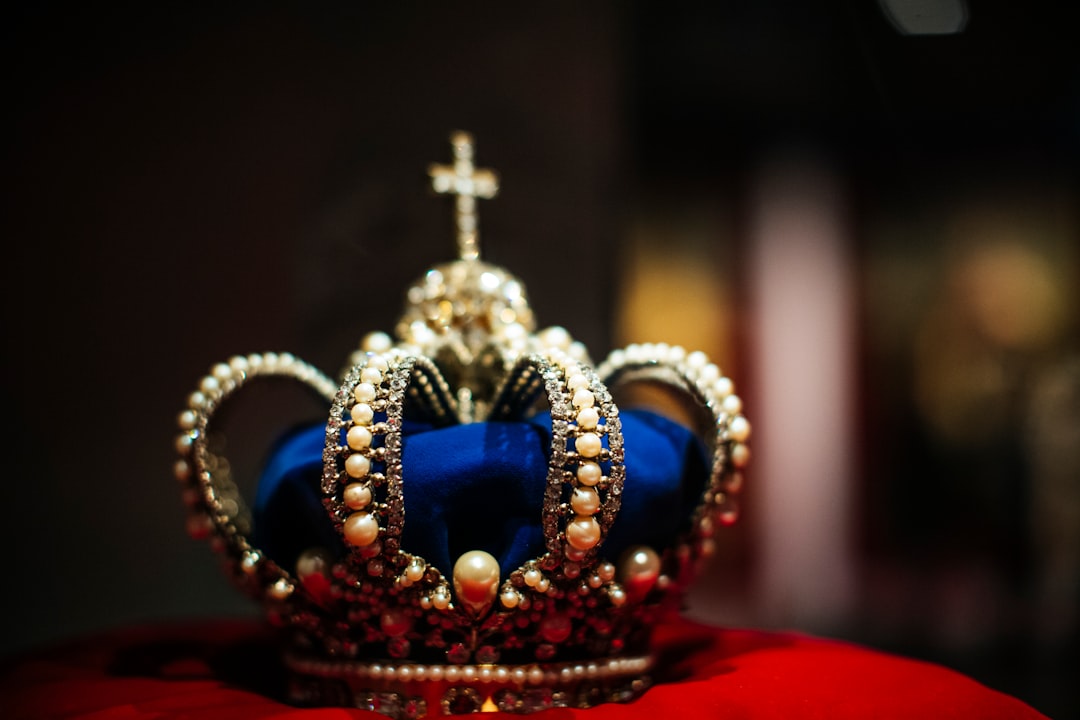Introduction
George III, born in 1738, was Britain’s longest-reigning king, occupying the throne for 59 years. He was a complex figure, known both for his genius and his madness. Despite his mental health struggles, George III was a highly capable monarch who presided over a period of great change and progress in Britain. His patronage of the arts and sciences also helped to establish important cultural institutions and foster intellectual curiosity in Britain. Despite his controversial legacy, George III remains a prominent figure in British history.
Britain’s Longest Reigning King: An Overview
George III was one of the most significant monarchs in British history, occupying the throne for 59 years and overseeing a period of great change and progress in the country. He was known for his complex character, marked by both genius and madness, and his reign was marked by significant events such as the American Revolution and the Industrial Revolution. George III’s reign saw significant progress and development in areas such as agriculture, industry, and trade.
George III was a deeply religious man who believed in the divine right of kings and took his role as monarch very seriously. He was a patron of the arts and sciences, and his reign saw significant advances in fields such as medicine, agriculture, and industry. Despite his many accomplishments, George III’s struggles with mental illness have come to define his legacy, and his bouts of “madness” have been the subject of much fascination and speculation over the years. This article will delve into the life and reign of George III, exploring his accomplishments, challenges, and legacy.
Early Life and Ascension to the Throne
George III was born in London to Frederick, Prince of Wales, and Princess Augusta of Saxe-Gotha. He was educated privately and became fluent in several languages, including French, German, and Italian. When his grandfather, George II, died in 1760, George III ascended to the throne at the age of 22.
Despite his young age and lack of experience, George III was determined to be an active and hands-on monarch. He was deeply committed to his role as king and took a keen interest in matters of government and policy. His early reign saw significant reforms and innovations, including the establishment of the first police force in London and the implementation of measures to reduce corruption in government.
Domestic and Foreign Policy
During his reign, George III oversaw numerous domestic and foreign policy changes that shaped the course of British history. He supported the American colonies during the American Revolution, but ultimately lost the war and was forced to recognize American independence. He also presided over the abolition of the slave trade in the British Empire.
In addition to his support of the American colonies and the abolition of the slave trade, George III oversaw numerous other reforms and improvements in British society. He was a patron of the arts and sciences and supported the growth of public institutions such as the British Museum and the Royal Academy of Arts. He also played a significant role in the development of agriculture and industry in Britain, promoting new technologies and methods of production. Despite his struggles with mental illness, George III left a lasting legacy as a capable and forward-thinking monarch.
The King’s Madness and Illness
Despite his many accomplishments, George III is perhaps best known for his struggles with mental illness. In the 1780s, he began to experience episodes of what would now be diagnosed as bipolar disorder. His behavior became increasingly erratic, and he suffered from delusions and hallucinations. In 1811, he was declared unfit to rule and his son, George IV, assumed the role of regent.
George III’s mental illness had a profound impact on his life and reign. He was subjected to numerous treatments, some of which were highly invasive and had detrimental effects on his health. Despite his illness, however, he remained a beloved figure among the British people and his reign is remembered as a period of significant cultural and scientific advancements, including the rise of the Industrial Revolution and the flourishing of Romanticism in the arts.
Legacy and Impact
Despite his illness, George III left a lasting impact on Britain and its history. He presided over a period of significant social and political change, including the Industrial Revolution and the growth of the British Empire. He was also a patron of the arts and sciences, and his personal library became the foundation of the British Library. In popular culture, George III is perhaps best known for his portrayal in the hit musical Hamilton, which depicts his role in the American Revolution and his struggle with mental illness.
George III’s legacy has endured over the centuries, with his reign being a significant period in British history. He left behind a lasting impact on the country’s social, political, and cultural landscape, and his influence can still be felt today. In addition to being a patron of the arts and sciences, George III’s life has been immortalized in popular culture, most notably in Lin-Manuel Miranda’s Tony Award-winning musical, Hamilton.
Conclusion
George III was a complex and fascinating figure who played a significant role in shaping the course of British history. His struggles with mental illness have contributed to his enduring legacy, but they should not overshadow his many accomplishments as a monarch and a patron of the arts and sciences. Despite his mental health struggles, George III remained a capable monarch and left a lasting impact on British society and politics.
